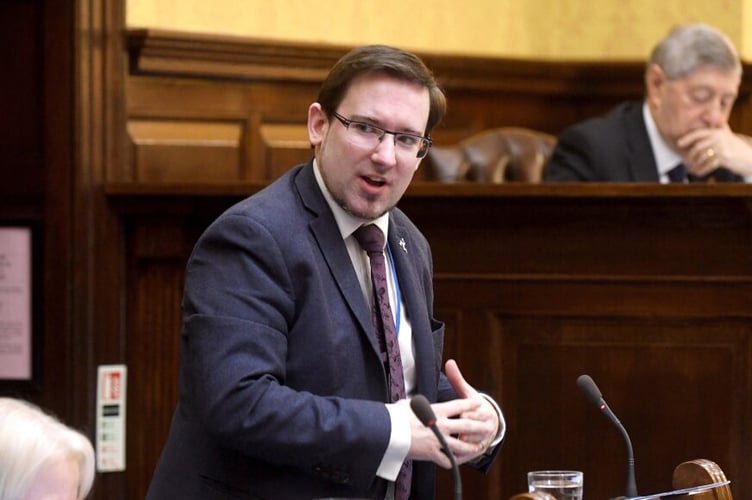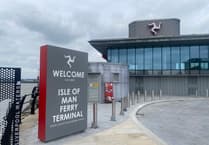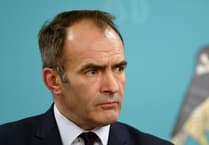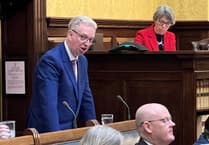A former government Minister is calling for the tax cap for wealthy residents to be scrapped.
The tax cap was introduced in 2006 as part of the then government’s policy to attract wealthy entrepreneurs to the island.
Over the years, it has risen from its original £100,000 for an individual to £200,000 for the current tax year.
There are 61 high net worth individuals who have elected to use the tax cap in the current financial year.
Taxable income subject to the tax cap was £452m in 2020-21, £408.98m in 2021-22 and £300,2m in 2022-23, a written response to a Tynwald question revealed last month. No more recent figures are available.
In one of a series of motions relating to tax rates tabled for the December Tynwald, former Health Minister Lawrie Hooper is calling for the tax cap to cease for new applications or renewals from the end of the 2024-25 tax year.
In his written Tynwald answer last month, Treasury Minister Dr Alex Allinson said that while there may be a perception that Treasury is foregoing a pool of additional tax revenue as a result of the tax cap being in place, this is not necessarily the case.
He said; ‘If the tax cap did not exist, it is highly likely that individuals would either further restructure their financial affairs in order to reduce their tax liabilities, or alternatively, pursue the option of relocating to competitor jurisdictions which may offer attractive packages including a tax cap and business development opportunities, resulting in a possible loss of revenue and jobs.’
Dr Allinson said the tax cap has been an incentive in attracting high net worth individuals to the island. Citing the 2022-23 income tax year as an example, he said 26 of the 54 people who elected for the tax cap were not resident in the Isle of Man before it was introduced.
But Mr Hooper said the answer was misleading.
Posting on X, he said: ‘There’s no assessment of whether this is because of the tax cap, or whether these jobs would exist anyway. The answer makes it clear that Treasury has no idea whether the tax cap actually works or not.’
Mr Hooper dramatically resigned as Health Minister in October in a row over healthcare funding.
Last week, he was back in government after being appointed as political member of both the Department of Infrastructure and the Department of Environment, Food and Agriculture.
Mr Hooper is also calling for the higher rate of income tax to revert to 20%. It was increased by 2p in the last Budget, as a ‘temporary’ measure, with the revenue raised ringfenced for the NHS.


.jpg?width=209&height=140&crop=209:145,smart&quality=75)

